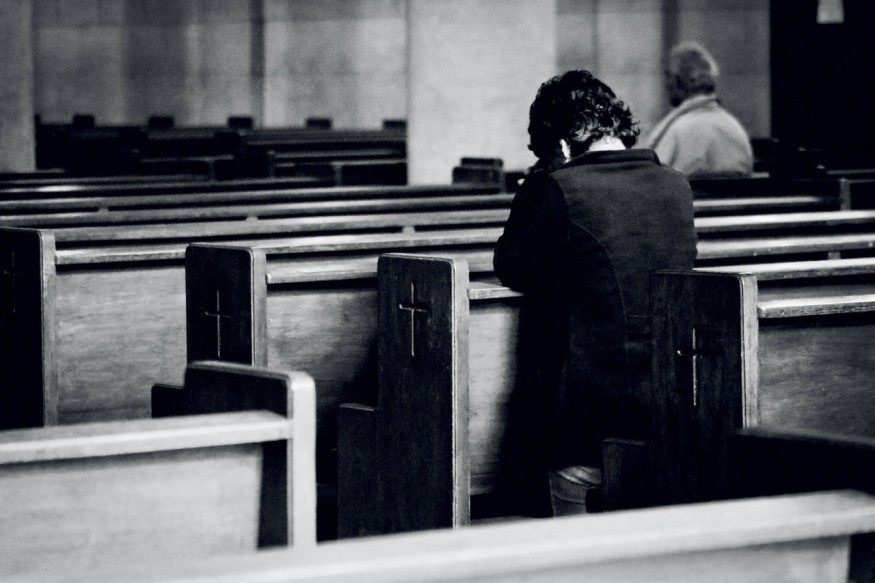A new study shows that people who grew in a household with little to no display of materials and activities related to spiritual faith are most possibly atheists in their adulthood. According to the research, the presence or absence of cultural transmission in early development could significantly drive the analytical thinking of people and affect their religious opinion.
Atheism and Religion

Brunel University London psychology expert and author of the study Will Gervais said in a PsyPost report that there have been many studies that attempted to identify the science behind how religions work, as well as why it exists among many factors. The expert said that atheism is the most essential attribute that could be utilized to better understand the theories surrounding religion. They added that the details on religious research often surface whenever atheism is related to the aspects of the subject.
Gervais, along with their team, conducted a study that could explain the fragments of religion and its accompanied cultural disbelief. The examination was made possible with the help of 1,417 participants from the United States. In the study, a measurement system called the Supernatural Beliefs Scale was utilized for the purpose of identifying the stance of people with their religious spectrum. The examination was only composed of simple questions including the intensity of their faith in God. alongside the questions, the participants were asked to undergo psychological assessments that are linked with existential security, the credibility of religion, and cognitive-reflective aspects.
Throughout the process of examination, the experts found that people who had lesser exposure to the credibility-enhancing religious mediums are most likely atheists. The results also gave a relative perspective to the religious group, who had more exposure to religious displays or had strict religious activities during a specific time of their life. According to the experts, context-biased cultural development and the transmitted culture are significant factors that predict the belief and disbelief of an individual.
Belief Depend on Exposure to Religious Displays
The results from examining both the factors in the study lean towards the results of the people to their identification with respect to atheism and religion. The experts added that simply put, people can know what their belief preferences are based on the actions their parents presented during their developmental phase.
The findings showed that the group that had a more reflective cognitive approach slightly tend to have religious beliefs, and the other group that had a more perspective-taking approach slightly tend to be atheists. However, the factors including religious disbelief and existential security had not related to each other.
Gervais said that individuals who are probably atheists are fond of sharing how rational thinking serves as a foundation to atheism. However, the expert said that the idea is not accurate and that atheism is also related to cultural learning. The observation of people from other groups that have strong faith in their religion drives them to have more analytical thinking. Gervais emphasized that the research on atheism is limited, and is just a piece of a bigger puzzle. The study was published in the journal Social Psychological and Personality Science, titled "The Origins of Religious Disbelief: A Dual Inheritance Approach."
Check out more news and information on Psychology on Science Times.
© 2026 ScienceTimes.com All rights reserved. Do not reproduce without permission. The window to the world of Science Times.












